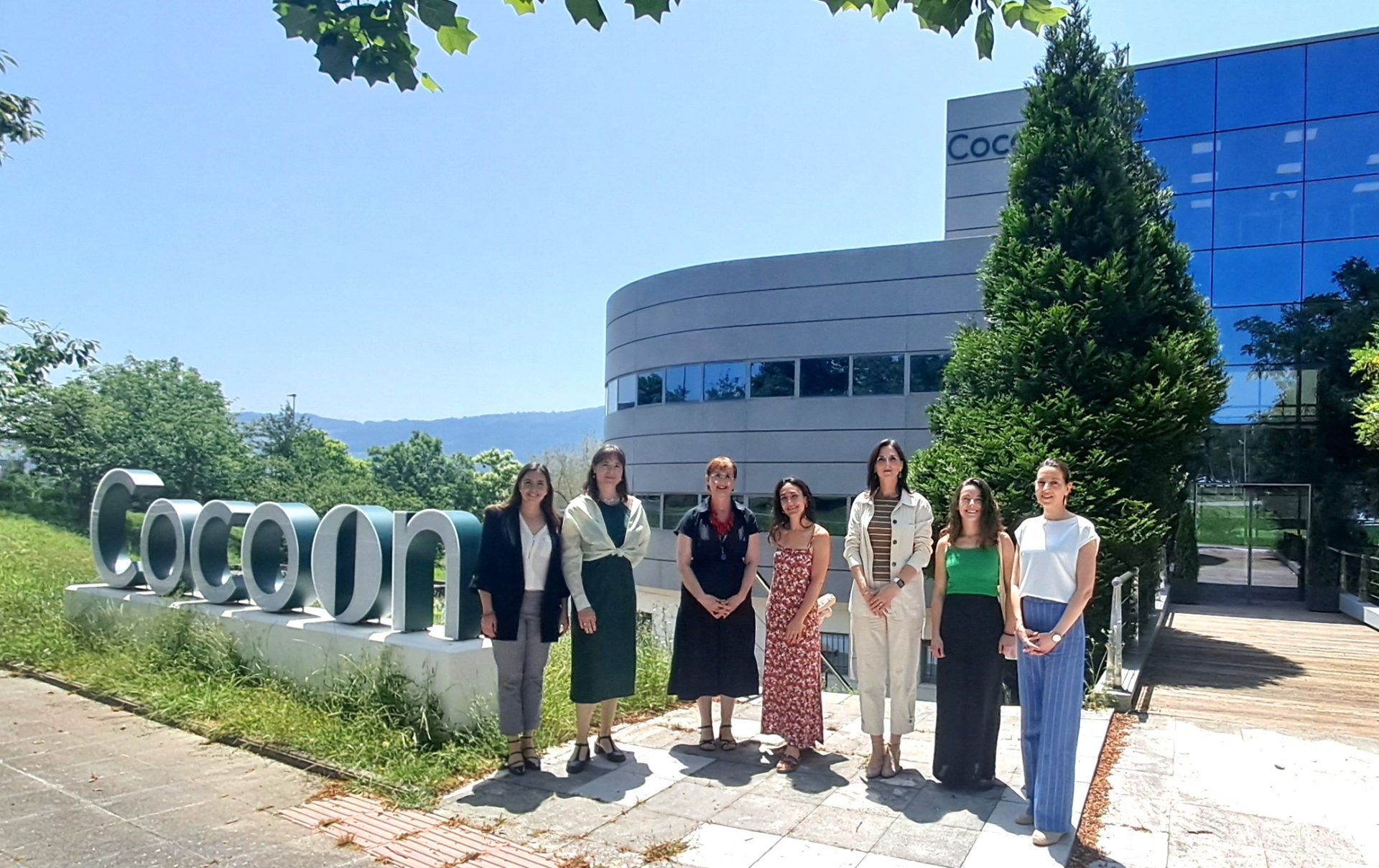SPANGLISH OR EUSKENGLISH, WHICH LANGUAGES CLASH MORE IN THE SPEECH OF A TRILINGUAL BASQUE PERSON?

The BCBL has assessed through different tests whether there is a greater influence between the less dominant languages in speaking.
The participants spoke Spanish, Basque and English in that order of proficiency, with the particularity that the first two languages were acquired in a bilingual environment.
The research was funded by the Basque Government, the Spanish Government and the European Union, with the collaboration of the University of York.
 A multilingual person may sometimes make mistakes when speaking influenced by the other languages he or she knows. Recent research has concluded that these interferences in vocabulary occur more among less dominant languages and, in addition, acquiring a new language can also have repercussions on the control of an already known one.
A multilingual person may sometimes make mistakes when speaking influenced by the other languages he or she knows. Recent research has concluded that these interferences in vocabulary occur more among less dominant languages and, in addition, acquiring a new language can also have repercussions on the control of an already known one.
These two lines of research have been the germ of a new study led by the Basque Center on Cognition, Brain and Language (BCBL) in Donostia. The researchers have tested whether, in the case of trilingual people, the less dominant language has a greater influence when speaking in their second language or when speaking in their first language.
To do this, the BCBL team had a total of 50 young adult volunteers who spoke Spanish, Basque and English, in that order of competence, with the particularity that the participants had acquired their first two languages through natural exposure in a bilingual environment, while English had been learned as a foreign language.
Participants carried out the study from home on their computers by completing two types of tests. On the one hand, the languages were intermixed and the volunteers had to name images that were displayed while rapidly switching between Spanish, Basque and English.
“In order to know the language in which they had to pronounce the word, the image was accompanied by a British, Spanish or Basque flag. For example, when they saw an image of a dog with the British flag, they had to say “dog”, but if it was next to a Spanish flag, they had to say “perro”,” explains Antje Stoehr, the BCBL researcher who led the project.
The images were shown for a short period of time to make the task more difficult.
In the second test, the languages were not mixed and participants had to name pictures first in Spanish and then in Basque, or vice versa, and finally in English.
Pronunciation and word choice
All the tests were recorded and the BCBL research team, in collaboration with the University of York (UK), then assessed pronunciation and word choice errors.
Specifically, in the case of pronunciation, the sounds /p/, /t/ and /k/, which are pronounced in the same way in Spanish and Basque, but not in English, were analysed. In word selection, we analysed the number of times participants got the language wrong when naming an image; for example, saying the word “dog” when the flag was not British.
“We found that when participants had to switch between languages, their Basque pronunciation was closer to English, but their Spanish pronunciation was not affected by English,” Stoehr adds.
Likewise, they also made more mistakes in saying words in English when they had to say them in Basque than when it was their turn to say them in Spanish. In other words, English, their third language, interfered more with Basque (second) than with Spanish (first).
“We can conclude that the second and third languages have a closer relationship when speaking than the first and third languages. Surprisingly, this was the case even though Basque and English have fewer similarities and it was also observed in people who acquired their second language at an early age in a bilingual community,” the BCBL expert points out.
According to Antje Stoehr, this suggests that even if a second language is learned early in life, it is less resistant to the influence of other languages than the main language, so that knowing words and their correct pronunciation does not ensure fluent communication: people must also retrieve words and their pronunciation in the correct language at the right time from the lexicon they have learned.
The BCBL’s work, funded by the Basque Government, the European Union and the Spanish Ministry of Science and Innovation, increases knowledge about the linguistic systems of a multilingual mind and can be valuable for language teachers and people who frequently use different languages: the majority of the Basque population and approximately 25% of EU citizens.
In addition to Antje Stoehr, the project has involved BCBL researchers Mina Jevtović and Clara Martin and Dr Angela de Bruin from the University of York.




